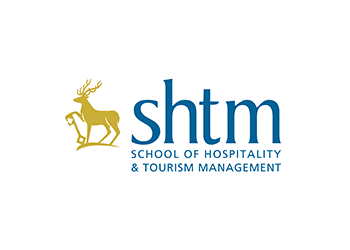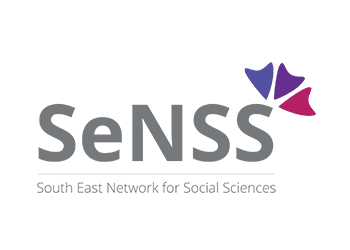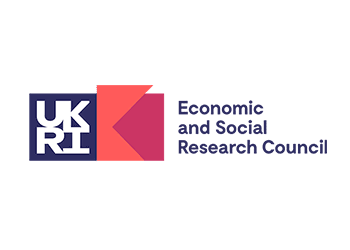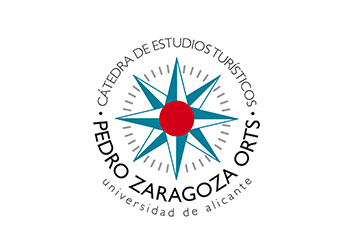Tourism accomodations

Showers are highly hot water-intensive behaviours, increasing energy use and carbon emissions
So, fostering pro-environmental shower behaviour can contribute to tourism businesses’ environmental, social and corporate governance.
Both real-time feedback through smart technology and persuasive communications have been successful in past pro-environmental behavioural interventions.
Nonetheless, behavioural interventions are hardly applied in tourism.


A behavioural intervention in seven tourism accommodations from Denmark, Spain, the UK and the US was designed
The intervention combined innovative smart technology, which provided real-time feedback to the guest, with persuasive messages, which reflected pro-environmental values (i.e. selfless/selfish) and the level of effort required (i.e. high/low) to engage with the message, to encourage guests to reduce their shower duration.

25,488 real showers measured
The analyses showed that when real-time feedback was provided, shower duration was an average of 13.56% shorter (N = 1,274).
When persuasive messages were added, shower duration was even shorter, with the most effective message (i.e. selfless + high) achieving a 21.27% reduction (N = 16,038) among all the accommodations.
This represents one of the most successful interventions in shower behaviour in any setting, achieving savings of approximately US$48, 4.44 m3 of water, 0.19 MWh of energy, and 33 kg of CO2 per shower/year.



The hard facts
350 litres of water per person/day
in tourism accommodations
40-250%
Over common households
Denmark, Spain, the UK and the US
Countries in the case study
25,488
Showers measured
13.56% shorter showers
N = 1,274
When real-time feedback was provided
21.27% shorter showers
N = 16,038
With the most effective persuasive message in addition to the real-time feedback
US$48
Savings per room/year
4.44 m3 of water
Savings per room/year
0.19 MWh of energy and 33 kg of CO2
Savings per room/year
Preprint version of our study
Pereira-Doel, P., Font, X., Wyles, K., & Pereira-Moliner, J. (2022). Showering smartly in tourism accommodations. SocArXiv.
https://doi.org/10.31235/osf.io/dwba3
The research team


dr Pablo Pereira-Doel
ESRC-SeNSS Research Fellow at the School of Hospitality and Tourism Management, University of Surrey, UK.
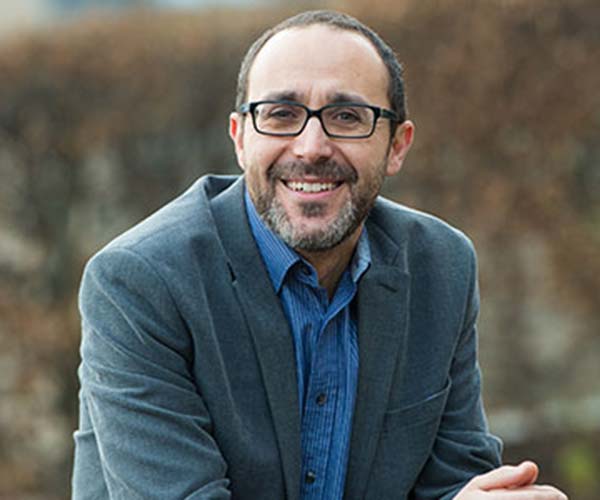

Prof Xavier Font
Professor of Sustainability Marketing at the School of Hospitality and Tourism Management, University of Surrey, UK.
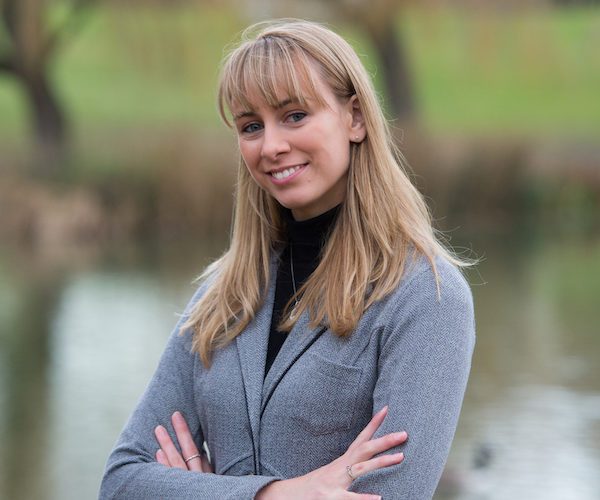

Dr Kayleigh Wyles
Associate Professor in Environmental Psychology at the University of Plymouth, UK.


Prof Jorge Pereira-Moliner
Professor in Business Management at the University of Alicante, Spain.
Partners
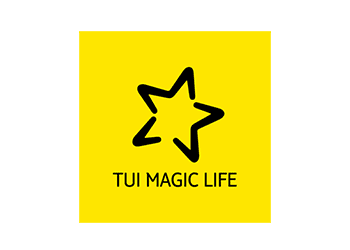

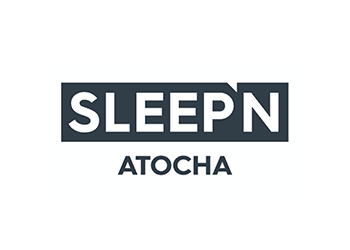

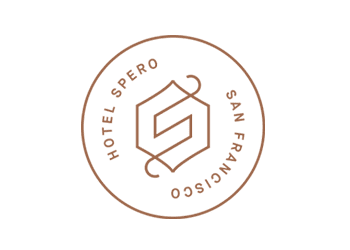

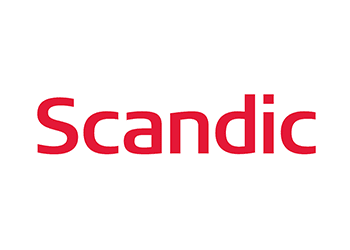

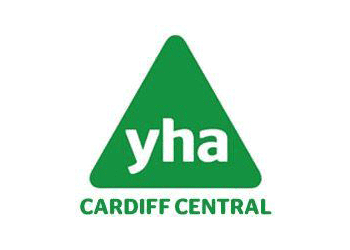

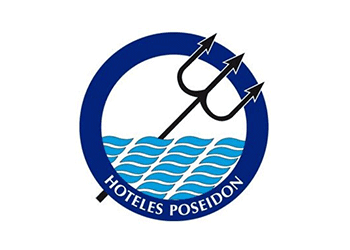



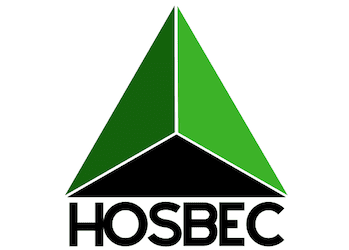

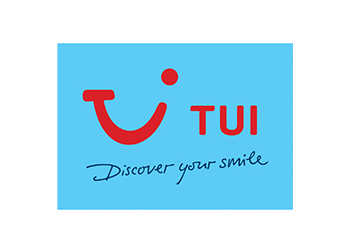

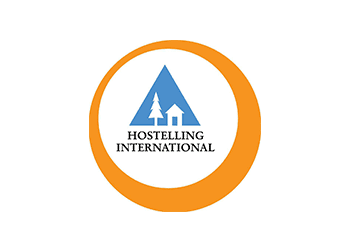

Funders
